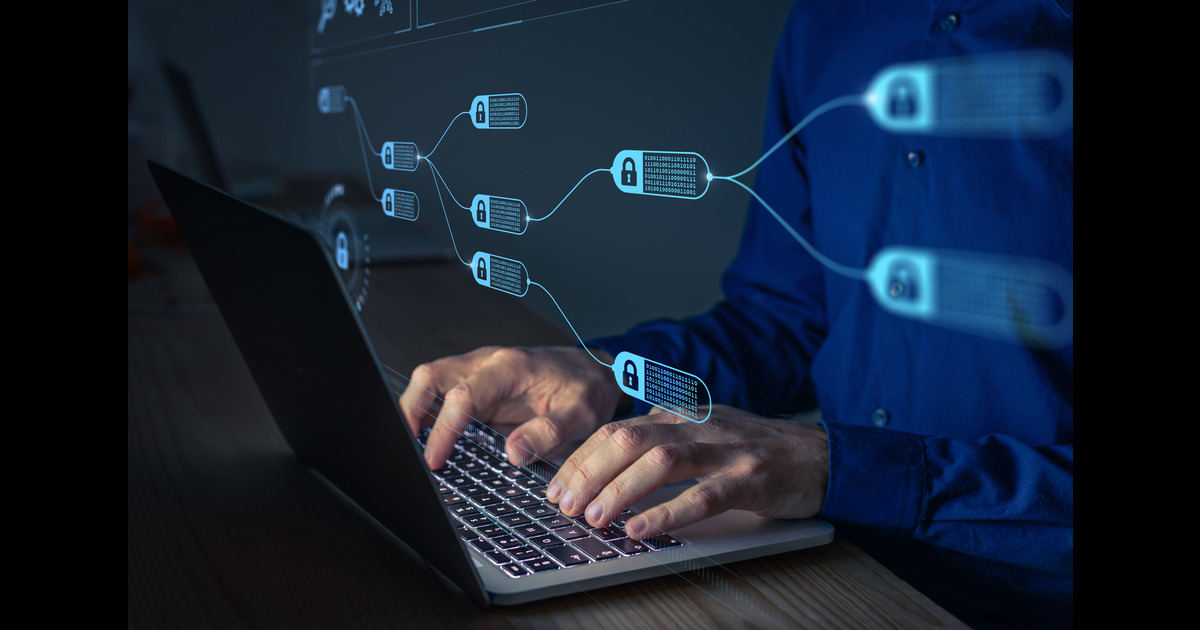Implementing Blockchain in Education
- Blockchain
Blockchain is one of the most interesting and heavily sought-after technological trends today. Almost all, if not all, have heard or know about cryptocurrency, a handful of us even investing in them. The immutable nature decentralized distributed network secured by unanimous consensus with fast settlement makes blockchain trustworthy and dependable. This technology is already being adopted in sectors like Land records, Supply chain and logistics, Healthcare (medical records) etc.
Universities implementing Blockchain
A few institutes and universities, to support their academic degree evaluation and management, have started applying blockchain technology. Maryville University, Missouri, United States became the first university to implement blockchain diplomas for students. Closer home, the MIT Art, Design & Technology University, Pune Maharashtra, implemented the digital credential system and issued 2,212 blockchain-powered degree certificates to its students in July 2022.

From learning material and assignments to students' academic certificates and other achievements are stored on a blockchain network. Other sections include research experience, skills, and online learning experiences. All this is stored and accessed safely using blockchain in appropriate ways. Unique ID issued to all on the blockchain ledger is used to match all kinds of educational information that includes learning behavior in class, micro academic project experience, macro educational background, etc. Instead of requesting to certify a paper copy, employers, universities, and schools will only need to provide a link to verify the document.
Benefits
Implementation of blockchain will help curb the numerous cases related to degree fraud. Skilled forgers constantly develop new techniques to forge fraudulent degrees to ensure they are undetectable. Maintaining a student credential blockchain distributed network will ensure reliability and authority as the blockchain ledger is immutable. Any change will require a unanimous consensus from the entire blockchain.
The use of blockchain doesn't limit itself to just credentials verification in education and recruitment. With a peer-to-peer storage system and smart contracts, institutions can migrate all of their institution records to a secure decentralized network that involves bookkeeping, financial records, individual department records, etc. thus reducing maintenance and retrieval time whenever a file is searched. It also helps in the effective auditing of the institution.
Another area where blockchain can be implemented could be the setting up of an automated learning platform that will act as a teacher setting up activities for learners. With every activity completed, the smart contract will verify it, the result will be updated and when all the activities are completed, the final result and degree will be rewarded to the students.
Security concerns:
There is no denying the fact that there are some potential drawbacks of applying blockchain in education. Due to its immutable nature, modifying educational records for valid reasons is negated. Some learning behavior like presentation skills and outcome needs to be reviewed in person. This is hard to evaluate with a preprogrammed smart contract unless human intervention is done.

There is a huge potential for blockchain technology in the field of education. Work can be done to minimize or completely curb the current known drawbacks in the field by devising smart contracts that serve the best purpose. While a lot of possibilities are still to be explored, a lot of work is being done in the field of education by incorporating blockchain.
Courses in Blockchain
FutureSkills Prime offers a number of courses to equip learners with Blockchain skills. Here is a list of course – (give the names and hyperlinks of courses)
Written By Anurag Kumar, Project Manager, NIELIT Patna


